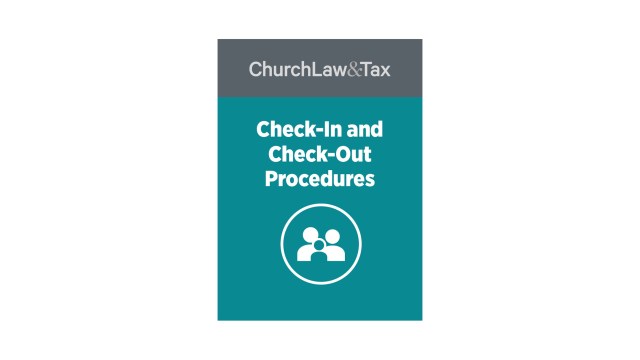A Maryland court ruled that a 34—year—old adult’s lawsuit against a diocese and two priests who molested him when he was a minor was barred by the statute of limitations. The victim was repeatedly molested by the two priests while serving as an altar boy over a period of 6 years. The priests gained his trust by giving him money and gifts. One of the priests used pornographic materials while molesting the victim, and also took pornographic pictures of him. The victim claimed that the archdiocese learned as early as 1967 that one of the priests was a pedophile, and required him to undergo therapy. The priest was later assigned to the parish in which the victim served as an altar boy. The victim claimed that it was not until he was 33 years old (in 1994), when his marriage was “falling apart,” that he first became aware that he had been injured as a result of the priests actions. He sued the priests and the archdiocese in 1995, when he was 34 years old. He claimed that the archdiocese was legally responsible for his injuries on the basis of negligent hiring, placement, and supervision. A state appeals court concluded that the victims lawsuit was barred by the Maryland statute of limitations, which requires personal injury lawsuits to be filed within 3 years of the date a victim “knew or, with due diligence, reasonably should have known of the wrong.” The victim claimed that he was aware of the priests conduct but did not appreciate the offensiveness of it or realize that he had been harmed until he began experiencing marital difficulties in 1994, and therefore the statute of limitations should not start running until that date. A state appeals court disagreed, concluding that “if any memory of sexual abuse suffered during childhood survives into adulthood, the statute of limitations begins to run when the victim reaches the age of majority.” Further, “even if no memory at all survives into adulthood, the limitations period still begins to run on the date the victim reaches the age of majority.”
The court also ruled that the victims claims against the archdiocese were barred by the statute of limitations. The victim insisted that under Maryland law the statute of limitations may be suspended if the archdiocese fraudulently prevented him from learning of a legitimate legal claim. The court conceded that the statute of limitations may be suspended when a victims knowledge of a legal claim is prevented by anothers fraud. However, it concluded that the archdiocese had not engaged in any fraudulent attempt to prevent the victim from discovering his legal claims. The court observed:
[W]hen the priests molested [the victim] he was immediately on notice of potential claims against the priests as well as against the archdiocese as their employer …. Once on notice of one [legal claim] a potential plaintiff is charged with responsibility for investigating, within the limitations period, all potential claims and all potential defendants with regard to the injury ….
Nowhere does [the victim] allege that, once he inquired of the archdiocese, the church negligently or deliberately misled him as to what it knew about the priests …. [T]he alleged wrongdoing described in portions of the [lawsuit] occurred [before] the sexual battery that harmed [the victim]. [He] is alleging that, at some time before he was abused, the archdiocese knowingly put the priests in a position to abuse him by concealing prior incidents in which the priests abused other children. This cannot support a claim that the archdiocese concealed a cause of action from [the victim]. [He] does not allege that after the priests abused [him] the archdiocese committed a fraud that prevented him from knowing of its wrongdoing or from discovering his claims.
Application. This case is important for the following reasons: (1) It illustrates the dilemma that adult survivors of child sexual abuse often face when they sue the offender (and his employer)-they must demonstrate that they were injured by the abuse, but doing so may result in the dismissal of their claim since it will trigger the statute of limitations. (2) This case also demonstrates another important principle-churches and denominational agencies can be legally responsible on the basis of negligent selection for the sexual misconduct of clergy and other workers if they had prior knowledge of similar acts of misconduct. However, such prior knowledge may be insufficient grounds to suspend the statute of limitations (on the basis of “fraudulent concealment” of a legal claim) in cases of child sexual molestation. Doe v. Archdiocese of Washington, 689 A.2d 634 (Md. App. 1997). [Seduction of Counselees and Church Members, Negligence as a Basis for Liability—Defenses]
© Copyright 1997, 1998 by Church Law & Tax Report. All rights reserved. This publication is designed to provide accurate and authoritative information in regard to the subject matter covered. It is provided with the understanding that the publisher is not engaged in rendering legal, accounting, or other professional service. If legal advice or other expert assistance is required, the services of a competent professional person should be sought. Church Law & Tax Report, PO Box 1098, Matthews, NC 28106. Reference Code: m67 m65 m37 c0497



